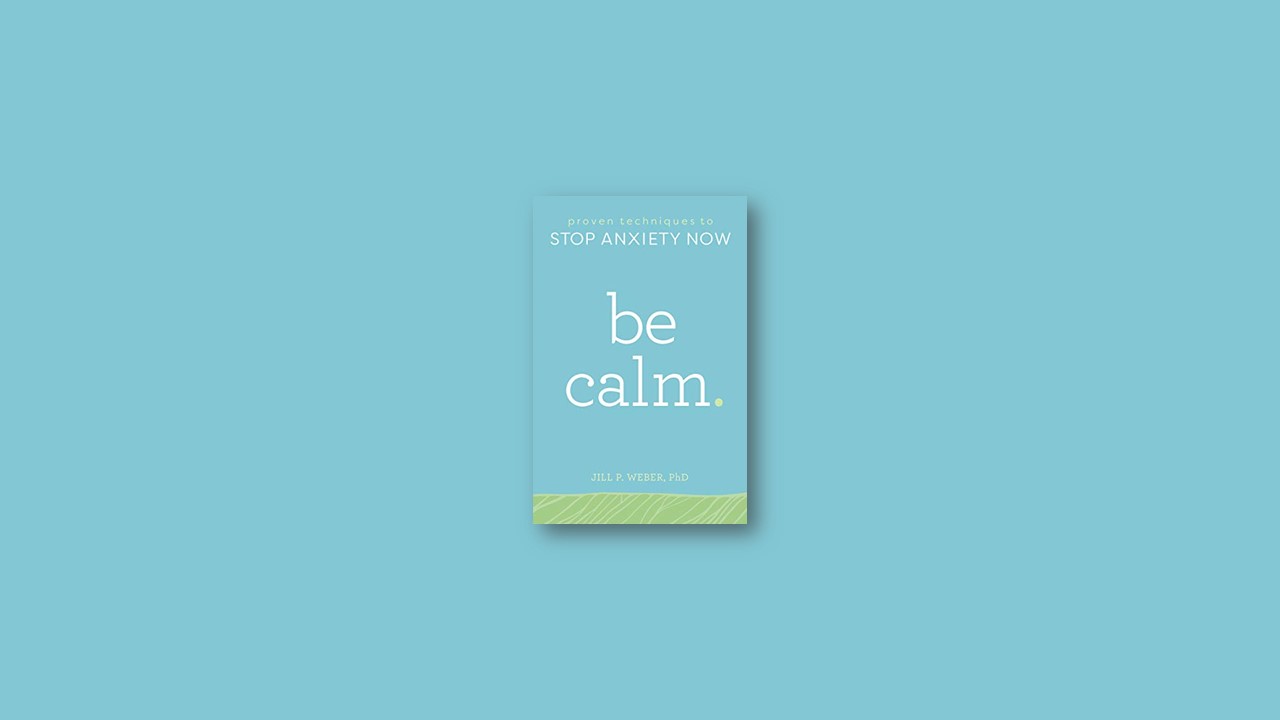Is Anxiety Running Your Life?
Anxiety is a normal bodily response to threat.
Feeling fearful about something in your immediate environment is adaptive.
Imagining what-if situations that may or may not come to pass is maladaptive.
Anxiety responds to treatment; you can and will get better.
The brain is able to grow and change structurally as the result of new experiences over time.
Believing that reducing anxiety is in your control and hard work will pay off makes all the difference. You can do this!
Your Emotions
All emotions are a normal (and helpful) part of human experience.
Pushing away negative feelings increases anxious thinking.
Regularly identifying your feelings will decrease anxiety.
Expressing your feelings will decrease anxiety.
Accepting your emotional world will decrease anxiety.
You can experience negative feelings and still be okay.
Your Body & Physical Sensations
Anxiety impacts the body and the body impacts anxiety.
Learn to identify and observe (without judgment) where anxiety manifests in your body.
Anxiety is associated with a variety of medical conditions.
Healthy sleep, nutrition, and exercise habits typically improve anxious symptoms.
Practicing body awareness exercises helps reduce anxious-thinking spirals.
Avoidance & Escape
Avoidance feels relieving in the moment but in the long run increases anxiety.
The desire to avoid/escape fearful situations is part of our brain’s fight-or-flight response.
The problem is when fight-or-flight is triggered without an actual threat.
Challenge your instinct to escape or avoid so new learning may occur.
Uncertainty in life is unavoidable; accepting this truth decreases anxiety.
Acceptance & Approach
Accepting that anxiety will forever come and go is liberating.
Stopping the struggle against anxiety creates room for an enriching life.
Identifying your values and larger goals will enhance your quality of life.
Making choices and taking action on these larger goals in spite of your anxiety is empowering.
Fully accepting anxiety relieves anxiety.
Thoughts vs. Reality
Become an observer of, not a reactor to, your thoughts.
Keep a thought record to develop awareness of your anxious-thought patterns.
Make anxious thoughts less threatening by identifying errors in thinking, core beliefs, worry triggers, and overgeneralizations.
Increase your awareness for problem-solving versus unproductive worry.
When anxious about a future possibility, ask yourself, “Am I underestimating my competence and/or overgeneralizing?”
Getting Unstuck from Thoughts
Train the voice in your head toward self-compassion and self-acceptance.
Replace anxious and negative thoughts with realistic thoughts.
Make goals and take actionable steps to lessen anxious rumination.
Go out in the world, test out your anxious predictions, and see if they’re accurate.
Building Your Support Network
Human connection relieves anxiety. Looking another person in the eye and sharing our vulnerable moments, aspirations, and setbacks soothes our nervous systems. If you’ve been caught in anxiety’s grip for some time, you may not have had the mental space to sustain close family or friendship ties. One-on-one meetings with a therapist or group therapy are ways to start garnering some in-person support. Online anxiety-reduction tools also can be helpful. Sharing your goals, progress, and setbacks with others offers a sturdy brace that will give you encouragement and perspective as you find your way.
Be Calm is for you to use on your own, or with a therapist if you have one. You can find relief on your own if you’re persistent and stay with it. However, you will want to participate in psychotherapy if you’d like to accelerate the learning process, deepen your self-awareness, if you have little social support, or if you’ve implemented the strategies and are not feeling much relief or progress.
Psychotherapy in a sense is a mini laboratory where you can try out your new skills with another human in real time. Unlike your “real” life, the therapeutic life is safe and confidential, and the therapist has no connection with your outside relationships or broader life.


